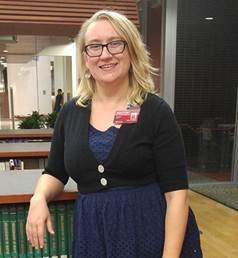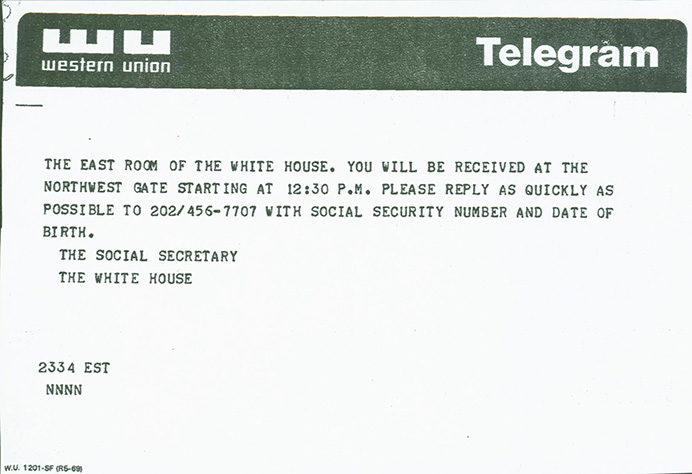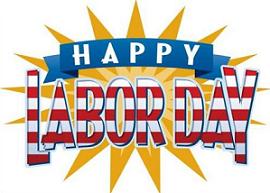by Christian Boyles

by Martin Salisbury | NC973 .S25 2017
About the book: A deep dive into the history of the illustrated book jacket, tracing its development across the twentieth century, reflecting some of the most iconic designs of the era.
In the modern era, the “beautiful book,” an art object in its own right, has become the key to the ongoing attraction of print publishing as physical books continue to distinguish themselves from the screen.
Author Martin Salisbury traces the evolution of the book jacket from its functional origins as a plain dust protector for expensively bound books to its elaboration as an artistic device to catch the eye of browsing book buyers. The increasing awareness of the jacket’s potential to serve as a marketing tool across various areas of the publishing world―from literary fiction to academic titles, and children’s books―meant a proliferation of illustrative treatments. The book jackets reproduced here reflect the changing visual styles and motifs of the passing century, beginning with the Art Deco period and continuing through Modernism, the playful Thirties, the pre- and postwar Neo-Romantics, the new consumerism and realist subject matter of the Fifties, and the Pop Art of the Sixties.
Featuring talent from the US and UK, Cover Up: The Illustrated Book Jacket explores the pictorial dust jacket through a selection of more than 300 key works and artists that influenced the course of book jacket design.
Is it checked out? Don’t worry about it. Here are some other titles on the subject.
Illusive : contemporary illustration and its context | NC845 .I45 2005 (in the oversized section)
Today, illustration appears in design-related projects in a wide range of styles. One can find drawings done fleetingly by hand just as often as polished vector graphics created on computers. Motifs are not only being produced in pencil, chalk, airbrush and marker but also by mixing media, for example by combining illustration, photography and wallpaper. But when so many alluring possibilities currently exist in illustration, how can one stay up to date and how should one evaluate new developments?
Illusive is a collection of contemporary illustration from around the world that addresses the variety of existing techniques and puts them into context with explanatory text. It features personal designs alongside fashion illustration and commercial work produced for books or magazines a diversity that reveals how the medium of illustration functions independently from trends. At the same time the book is also a survey of current tendencies and design approaches. Features introducing leading protagonists supplement the examples shown.
The fact that it presents manifold methods by such a broad spectrum of international designers side by side makes Illusive stimulating and educational reading for the professional illustrator.
1000 ideas by 100 manga artists (ebook)
How much would a course on drawing cost given by the top 100 international manga artists? How much would they charge to share their most highly valued techniques? This book brings together 100 manga artists and asks each one to offer 10 practical tips for the manga enthusiast on techniques, sources of inspiration, and the best way to build their portfolios. Detailed photographs, 1,000 in total, taken by the artists themselves serve to illustrate each of these 1,000 tips.
Storymakers (streaming film)
Colin Thiele explores the world of one of our best loved and most prolific writers. Author of 70 books, Colin Thiele has a lifelong devotion to education and writing. In this program, Jonathon Appleton, a school student and head of a Thiele fan club, visits Colin and discusses the writing craft. Colin’s natural affinity with his audience is evident. Colin Thiele’s books are rich in scenes that elicit vision and mood; the filmic quality of his material can be seen in the success of Storm Boy. This program features some scenes from his novels including the classic The Sun on the Stubble and Jodie’s Journey. These beautiful sequences are intercut with Colin’s reflections on his work as he answers letters and talks with Jonathon. Colin Thiele’s lifetime achievements inspire a love for writing and a desire for reading in children and adults alike.







 UC Libraries will be closed Monday, September 3 for Labor Day, except for the
UC Libraries will be closed Monday, September 3 for Labor Day, except for the 
 The Color Purple, Harry Potter, Gone Girl – is one of these your favorite novel? Did you enjoy or struggle reading The Grapes of Wrath, War and Peace or Heart of Darkness when assigned for class? Did you sneak read The Stand or Twilight when your teacher wasn’t looking? These favorite, or not-so-favorite, books are amongst the 100 best-loved novels up for consideration as “The Great American Read.”
The Color Purple, Harry Potter, Gone Girl – is one of these your favorite novel? Did you enjoy or struggle reading The Grapes of Wrath, War and Peace or Heart of Darkness when assigned for class? Did you sneak read The Stand or Twilight when your teacher wasn’t looking? These favorite, or not-so-favorite, books are amongst the 100 best-loved novels up for consideration as “The Great American Read.”